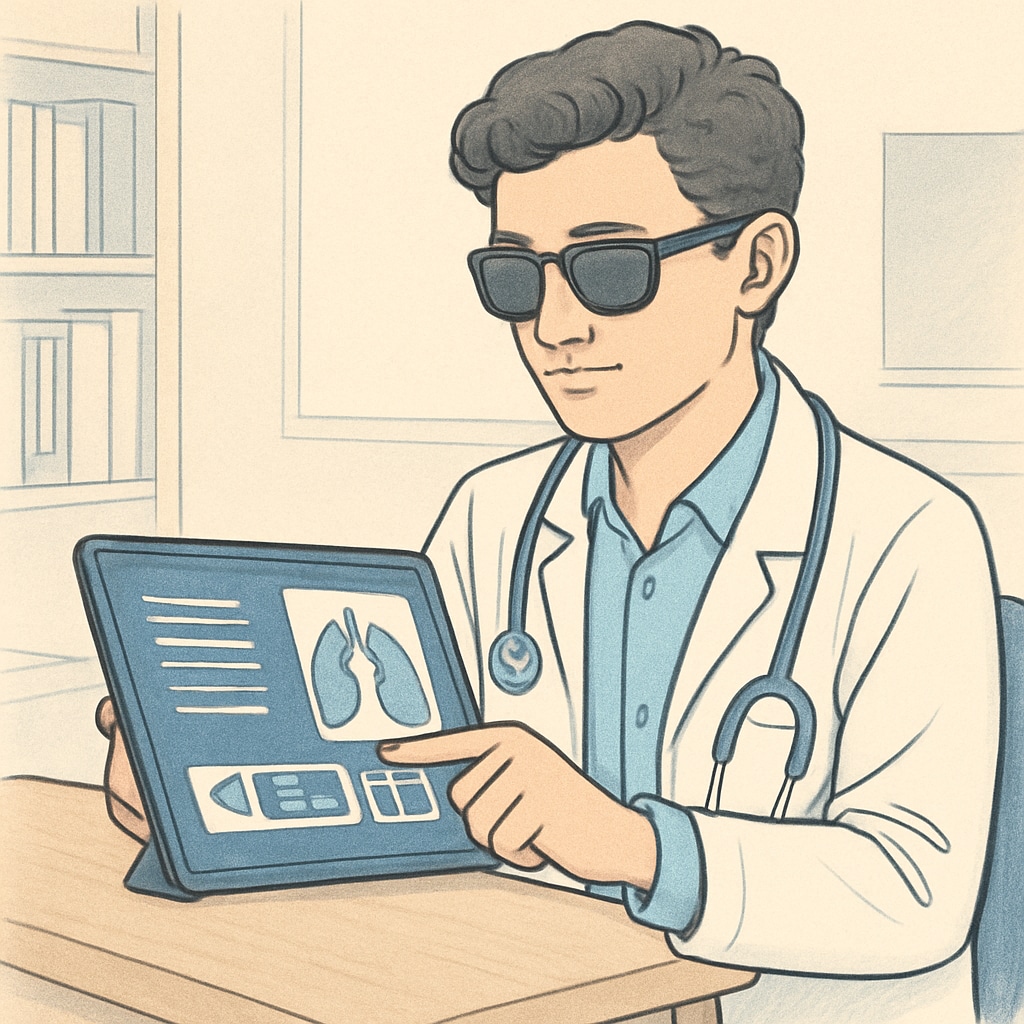The modern education system often overlooks students with learning difficulties, making it harder for them to pursue ambitious goals like becoming a doctor. Despite these challenges, achieving a medical dream is not impossible. With the right strategies and determination, students can rise above systemic barriers and turn their aspirations into reality.
Understanding the Shortcomings of the Education System
The current education system is designed to cater to the average student, leaving those with unique learning needs at a disadvantage. Students with conditions such as dyslexia, ADHD, or other learning disabilities often struggle with standardized testing and rigid classroom structures. As a result, their potential may remain untapped, and their confidence may diminish.
For example, traditional assessments prioritize rote memorization over critical thinking, which can be particularly challenging for students with learning disabilities. Moreover, many schools lack adequate resources, such as trained special education staff or adaptive learning tools, to support these students effectively.

Strategies for Students to Pursue Their Medical Dreams
Despite the obstacles, students with learning difficulties can still pursue careers in medicine by adopting practical strategies and leveraging available resources. Here are some key approaches:
- Seek Accommodations: Many schools and universities offer accommodations such as extended test times, alternative assessment formats, or note-taking assistance. These can help level the playing field for students with learning challenges.
- Utilize Technology: Tools like text-to-speech software, digital flashcards, and specialized apps can make learning more accessible and manageable.
- Find Mentors: Connecting with mentors who understand the medical field can provide guidance, encouragement, and valuable insights into the journey ahead.
- Focus on Strengths: Instead of dwelling on weaknesses, students can capitalize on their strengths, such as empathy, determination, or problem-solving skills, which are all vital qualities for a doctor.
- Build a Support Network: Family, friends, teachers, and counselors can offer emotional and practical support to keep students motivated and resilient.
Inspiring Stories of Success
Many successful doctors have overcome learning difficulties to excel in their careers, proving that challenges can be stepping stones rather than roadblocks. For instance, Dr. Ben Carson, a retired neurosurgeon and author, struggled academically during his childhood but persevered through hard work and a strong support system.
These examples serve as a reminder that determination and adaptability can help students overcome even the most daunting obstacles. By focusing on their ultimate goal, aspiring doctors can push through the limitations of the education system.

Conclusion: Turning Challenges into Opportunities
While the education system may not always cater to students with learning difficulties, their dreams of becoming a doctor remain valid and achievable. By seeking out resources, building resilience, and staying focused on their goals, these students can carve their path to success. The journey may be difficult, but the fulfillment of helping others as a medical professional makes it all worthwhile.
Remember, the greatest achievements often arise from the greatest challenges. Stay determined, and let your dream of becoming a doctor guide your journey.
Readability guidance: This article uses accessible language, short paragraphs, and practical examples to ensure clarity. It incorporates transitional phrases and maintains an active voice for better engagement.


